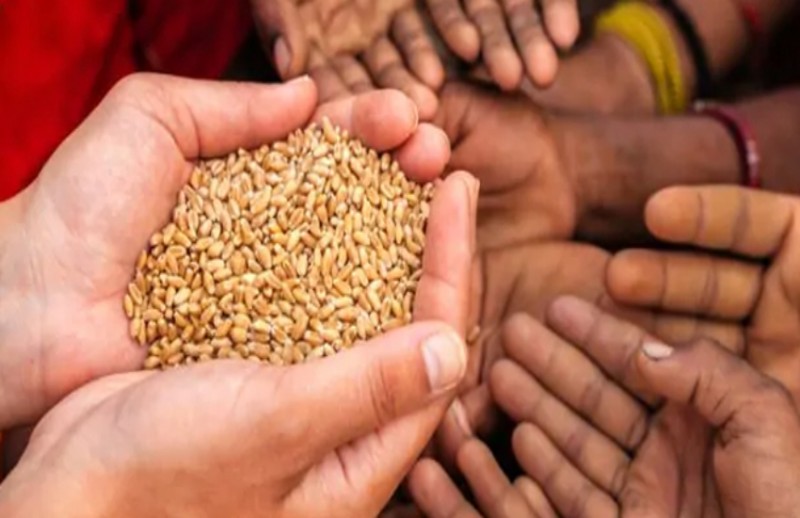
New Delhi: In the last few years, the word global warming has been heard many times and its ill effects have also been discussed a lot. PM Narendra Modi has also warned the whole world about this danger at the international level. In fact, in 2021, there was a summit on climate change in Glasgow, in which PM Modi said that India will achieve the target of net zero carbon emissions by the year 2070. Its meaning was clear that the temperature of the world could be reduced by one degree. Now climate scientists have again warned that if this issue is not acted on soon, then India may face a food crisis. You cannot take this warning lightly, because the way the weather has changed last year, is due to this global warming.
Scientists have warned that global warming is definitely the reason behind the scorching heat and changing weather events in India. Scientists of Global Warming and Meteorological Institute Pune have concluded that due to heat waves in the country, production of 3 million tonnes of wheat has decreased this year as compared to last year. The main reason for this is the adverse effect of the weather. Due to global warming, the weather is changing its mood from time to time.
IITM climate scientist Roxy Matthew Cole has said that 'Global warming is the only reason behind these heatwaves. Cole, through seven decades of data, concluded that the severity and frequency of heat waves were directly related to a warming globe. Several studies have now predicted that major changes in rainfall patterns and warmer winds in early summer could threaten the country's rice and wheat production.' Due to this, there may be a decrease in grain. The second effect is that agriculture in India employs half the population and accounts for 18 per cent of India's economy.
Let us inform you that with the decline in wheat production in states like Punjab, Uttar Pradesh and Haryana, India recorded the hottest March on record this year. Due to this, the domestic prices of food grains increased by about 20 per cent. Due to rising prices, the government had to ban exports. The 2022 report of the International Food Policy states that many Indians may face famine by 2030 due to declining agricultural productivity due to climate change.
A recent landmark study by Cole also mentions rising mercury, or ocean heat waves, over the Indian Ocean. Which is changing the circle of the monsoon. Due to the deteriorating condition of the 2022 Southwest Monsoon, rainfall was delayed. This led to a four per cent drop in rice sowing. The government banned overseas shipments to deal with possible shortages and high grain price inflation.
Due to global warming, the temperature is increasing and due to this the risk of storms, floods, forest fires, drought and heat waves increases. In fact, in a warmer climate, the atmosphere can store more water and cause extreme precipitation. Ever since the Industrial Revolution took place all over the world, it has improved the economy but caused a lot of damage to the atmosphere. The average global temperature has increased by about one degree Celsius since 1880. Global warming is a continuous process, scientists fear that by 2035 the average global temperature will increase by an additional 0.3 to 0.7 degrees Celsius, and to stop this, world leaders were sworn in in Glasgow.
53 people died during Chhath Puja, govt to pay Rs 4 lakh compensation
Gujarat assembly election dates likely to be announced today
CM Mamata Banerjee on Mission 2024 again? Likely to meet CM Stalin today